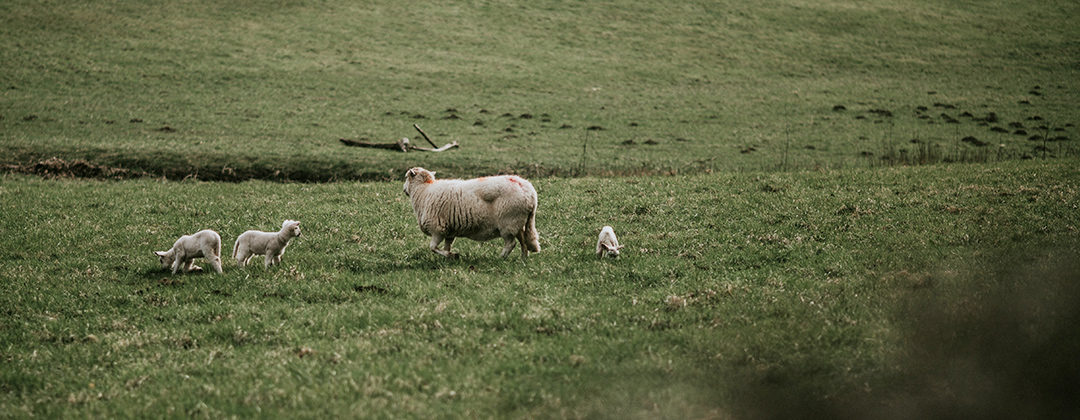By Dwayne McCrary
When I first began to think about this subject, my focus was on David. He was a shepherd and many of his psalms are prayers. He was clearly a shepherd as a child, but his life took a big turn the day he stood over Goliath. His days of being exclusively a shepherd were gone.
Amos on the other hand, identified himself as a shepherd even after he presented God’s message to the Northern Kingdom. The only prayers we have recorded in Amos are found in Amos 7. God revealed His coming judgment in the form of locusts at the harvest time and fire that would scorch the land. In response to both visions, Amos voiced prayers that were remarkably similar. The first prayer was “Lord GOD, please forgive! How will Jacob survive since he is so small?” (Amos 7:2, CSB) and the second was “Lord GOD, please stop! How will Jacob survive since he is so small?” (Amos 7:5, CSB).
In both cases, Amos demonstrated his understanding of God as the absolute authority by using a double title for God. His requests to forgive and stop were urgent in both cases. Amos understood the pressing nature of his requests and prayed as if the future existence of the nation depended on him. He also had a clear understanding of the vulnerability of the nation. During this time, the nation was not militarily small or weak—unless the opponent was God.
We would expect the prayer of a shepherd to be simple, direct, and urgent. We also see Amos as empathetic. He stood with the people of Israel even though he was from Judah. His focus was not on himself, but on the future of the people facing God’s judgment.
What can we learn about praying for the people in our group from the prayers of Amos?
Amos prayed in response to visions given to him by God. That vision pointed to the future of a people overwhelmed with sin. The people in our classes or groups may not be overwhelmed with sin, at least not on the outside. The people of Israel viewed themselves as having good standing before God as well. In fact, they saw their prosperity as approval from God even though their society was sinful. We may not have a vision, but we do have God’s Word. As we study in preparation for our group times, we can pray for our group in response to what God shows us and do so with the same simplicity and urgency demonstrated by Amos.
Shepherds were accustomed to being responsible for survival. Sheep depended on them to help them find food, like sycamore figs. Do we pray with that same kind of care for the people in our group? What would happen if we prayed as if the spiritual survival and vitality of our class or group depended on our prayers? What keeps us from praying with this kind of simple intensity?





Thought provoking.